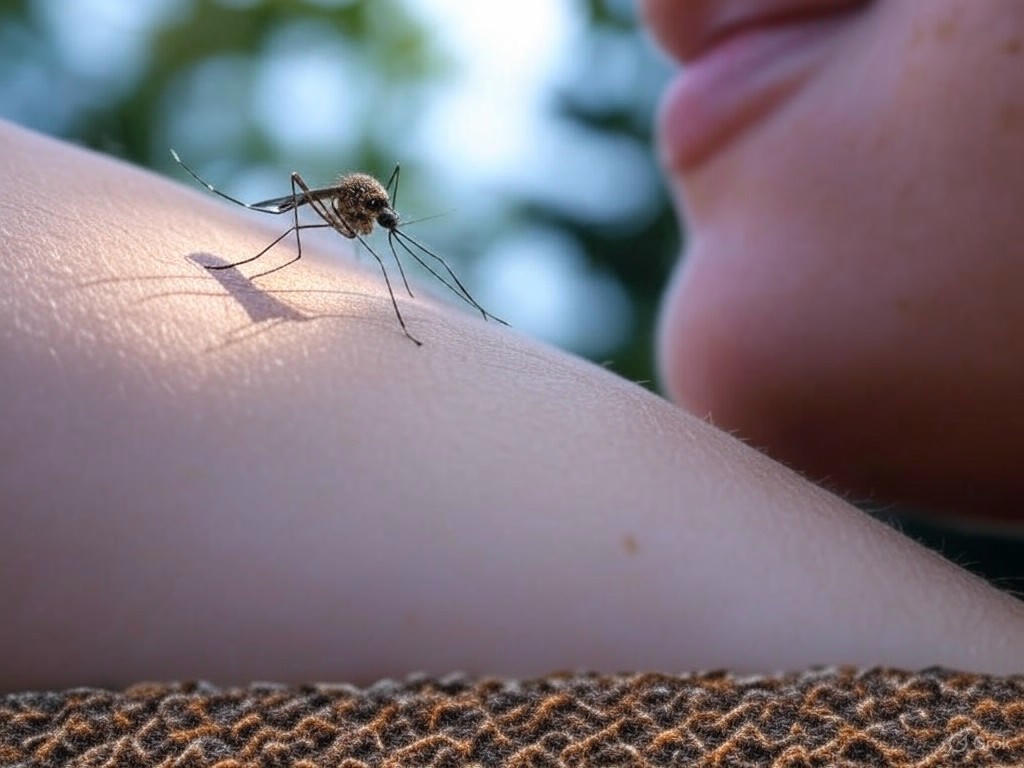Have you ever wondered why some people seem to be mosquito magnets while others escape unscathed during a summer evening outdoors? It’s not just bad luck—there’s science behind those pesky bites. Mosquitoes, tiny yet relentless, have a knack for zeroing in on specific individuals, and the reasons are rooted in biology and chemistry. This phenomenon has puzzled many, but recent insights shed light on why these bloodthirsty insects are drawn to certain humans more than others.
At the heart of this mystery lies the unique cocktail of scents and signals our bodies emit. Mosquitoes are incredibly sensitive to chemical cues, particularly carbon dioxide, which we exhale with every breath. People who produce higher levels of carbon dioxide—often due to larger body size, physical exertion, or even pregnancy—tend to attract more mosquitoes. Beyond this, our skin releases a variety of compounds, including lactic acid, uric acid, and ammonia, through sweat. These substances create a distinct ‘scent profile’ that varies from person to person. For reasons not entirely understood, some profiles are simply more irresistible to mosquitoes, acting like an invisible dinner bell.
Genetics also play a surprising role in this biting bias. Research suggests that inherited traits influence the mix of chemicals on our skin, making some individuals naturally more appealing to these insects. Additionally, blood type may factor in, with studies indicating that people with Type O blood might be more frequently targeted than those with other types. Even the bacteria living on our skin contribute to this complex equation, as they interact with sweat and other secretions to produce odors that can either lure or repel mosquitoes. It’s a fascinating reminder of how interconnected our bodies are with the tiniest of creatures.
Lifestyle choices can further tip the scales. Wearing dark-colored clothing, for instance, can make you a more visible target, as mosquitoes are drawn to contrast against the horizon. Alcohol consumption has also been linked to increased bites, possibly because it raises body temperature and alters skin chemistry. On the flip side, there are ways to reduce your appeal. Regularly showering to minimize sweat buildup, wearing light-colored outfits, and using insect repellents with DEET or natural alternatives like citronella can help keep mosquitoes at bay. Some even swear by eating garlic or bananas, though evidence on dietary deterrents remains anecdotal at best.
Ultimately, being a mosquito’s favorite isn’t just a quirk—it’s a complex interplay of biology, environment, and behavior. While we can’t change our genetic makeup or blood type, understanding these factors empowers us to take proactive steps. So, the next time you’re swatting away at a persistent buzz, remember: it’s not personal, it’s chemical. By tweaking small habits and staying informed, we can outsmart these tiny adversaries and enjoy the outdoors with fewer itchy souvenirs.
